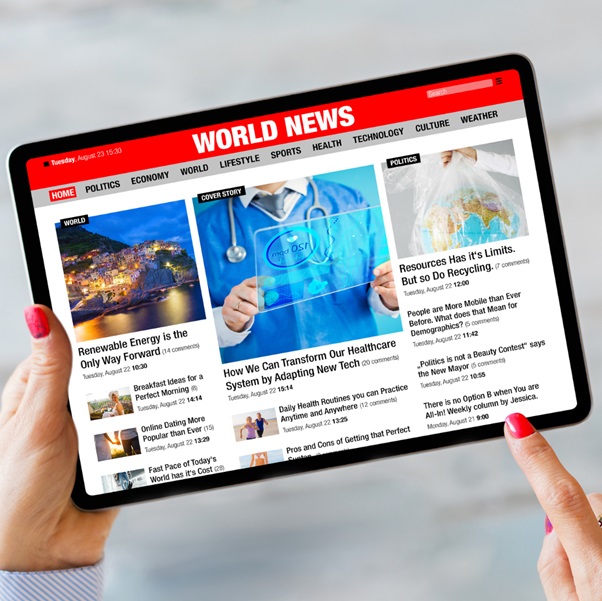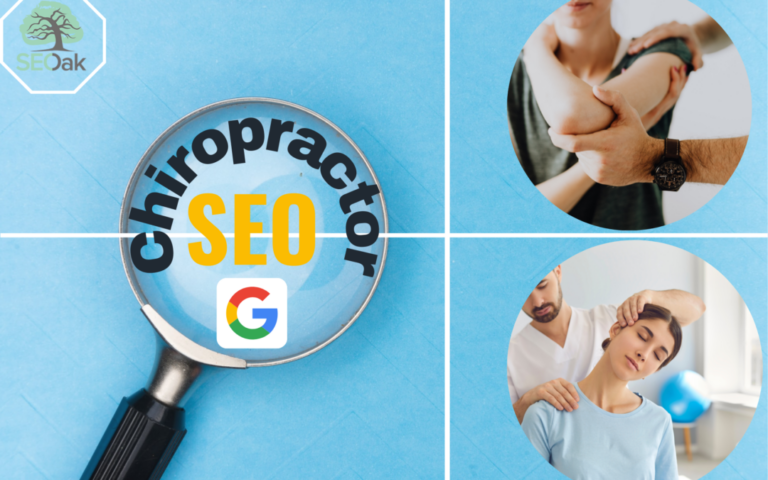
Whether you are a pharmaceutical manufacturer, a medical device company, or a distributor of health products, understanding and adhering to regulatory requirements is essential for maintaining the safety and efficacy of your products. This article provides an overview of key considerations when navigating the complex world of health product regulations.
STAY INFORMED AND UPDATED
Health product regulations are evolving, so stay informed about the latest changes. Regularly monitor updates from regulatory bodies such as the Medicines and Healthcare Products Regulatory Agency (MHRA) in the United Kingdom.
Subscribe to relevant newsletters, attend industry conferences, and engage with professional networks to stay updated with the latest regulatory developments. You can ensure that your products remain compliant with the most current regulations.
CONDUCT THOROUGH RESEARCH
Conduct thorough research to understand the specific regulations for your product category before launching a health product. Different health products, like pharmaceuticals, medical devices, and cosmetics, have unique regulatory frameworks. Familiarise yourself with the regulatory requirements specific to your product to ensure compliance from the initial stages of development.
IMPLEMENT QUALITY MANAGEMENT SYSTEMS
Establishing robust quality management systems (QMS) is essential for compliance with health product regulations. A QMS provides a structured approach to ensure processes are in place to meet regulatory requirements consistently.
Implementing a QMS that conforms to recognised standards, such as ISO 13485 for medical devices or Good Manufacturing Practice (GMP) for pharmaceuticals, can help demonstrate your commitment to quality and compliance.
DOCUMENT CONTROL AND RECORD KEEPING
Maintaining accurate and comprehensive documentation is crucial for compliance with health product regulations. Document control systems ensure that all relevant documents, including manufacturing records, test reports, and regulatory filings, are well-organised and readily accessible.
ADVERSE EVENT REPORTING
Adverse event reporting is a critical aspect of health product regulations. It is crucial to have systems for monitoring and reporting adverse events associated with your products. Promptly report any adverse events to the appropriate regulatory authorities as required by the regulations. Maintaining a robust system for adverse event reporting demonstrates your commitment to patient safety and compliance.
CONDUCT REGULATORY ASSESSMENTS AND AUDITS
Regular regulatory assessments and audits are essential to ensure ongoing compliance with health product regulations. Internal audits can help identify potential compliance gaps and areas for improvement.
Additionally, external audits by regulatory authorities or third-party auditors may be required. By proactively conducting assessments and audits, you can identify and address compliance issues before they become more significant problems.
IMPLEMENT POST-MARKET SURVEILLANCE
Post-market surveillance is a crucial component of health product regulations. Establishing systems for monitoring the performance and safety of your products in the market can help identify any potential issues or trends. Implementing post-market surveillance activities, such as complaint handling, product recalls, and vigilance reporting, enables you to take prompt action if any safety concerns arise.

SUPPLY CHAIN MANAGEMENT
Effectively managing your supply chain is crucial for compliance with health product regulations. Conduct thorough due diligence when selecting suppliers, assess their quality systems, and establish clear contractual agreements that outline compliance expectations. Regularly monitor and audit your supply chain to maintain control and mitigate any risks that may cause impact compliance.
LABELLING AND PACKAGING COMPLIANCE
Labelling and packaging requirements for health products are stringent. Ensure that all labelling and packaging materials comply with applicable regulations, including accurate product information, clear instructions for use, and appropriate warnings or precautions.
CONCLUSION
Compliance with health product regulations is a complex and ongoing process that requires diligence and attention to detail. Regular assessments, audits, and post-market surveillance activities ensure compliance and support the safety and efficacy of health products. By prioritising compliance with health product regulations, companies can build trust, protect consumers, and contribute to the advancement of healthcare.
Remember, staying compliant with health product regulations is a legal requirement and ethical obligation to prioritise patient safety and welfare. Take proactive steps to ensure compliance and maintain the highest quality standards in your health products.
If you require further guidance on navigating health product regulations or need assistance with compliance, contact Verlene Law to reach out to their team of experts today. They are here to support you in meeting regulatory requirements and ensuring the success of your health products in the market.






